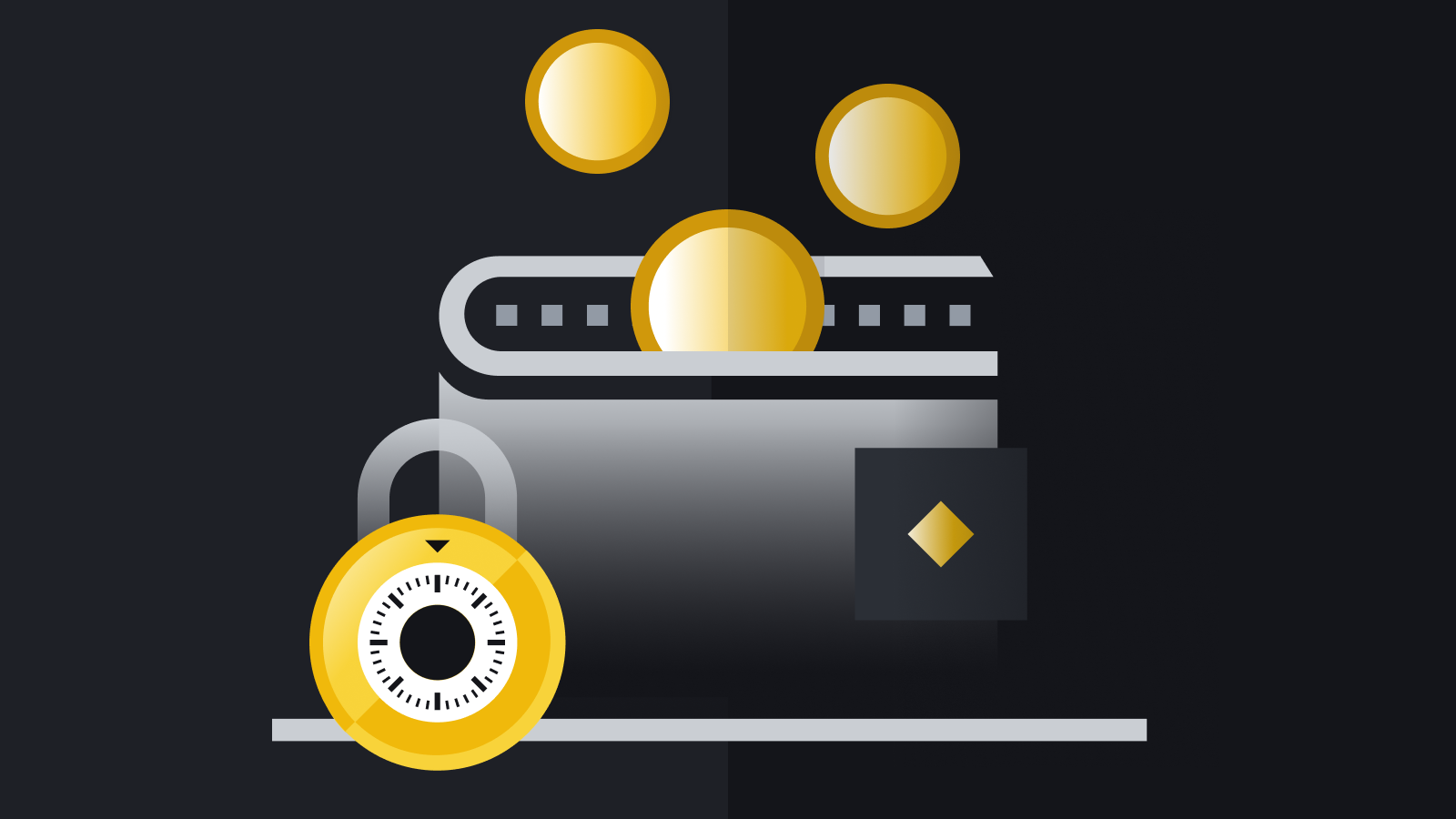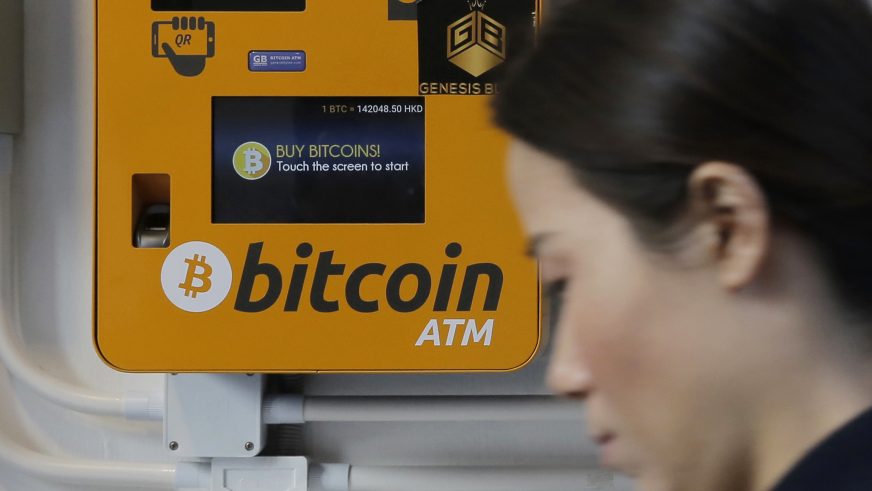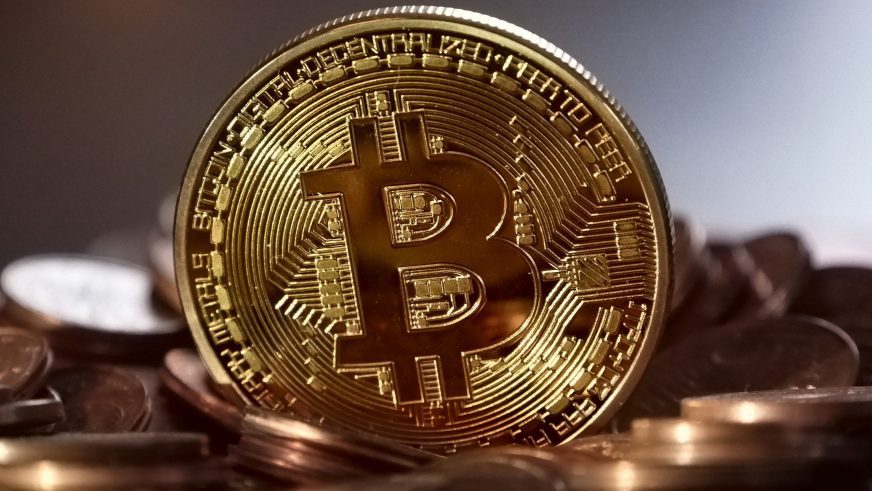Bitcoin, the first decentralized digital currency, has become increasingly popular in recent years as a form of investment. However, with the rise in popularity comes an increased need to properly secure and protect these investments. Unfortunately, the anonymity and decentralization of Bitcoin also make it a prime target for hacking and theft. In this article, we will explore the importance of securely storing and protecting your Bitcoin investments, as well as the different methods available for doing so. We will also discuss best practices for security and provide tips for keeping your investments safe. Whether you’re a seasoned investor or new to the world of Bitcoin, it’s crucial to understand the risks and take the necessary steps to protect your assets.
Understanding the risks
When it comes to investing in Bitcoin, it’s important to understand the risks involved. One of the biggest threats to Bitcoin is hacking, which can occur through a variety of means such as phishing scams, malware, and social engineering. Hackers can gain access to your personal information and steal your Bitcoin if you’re not careful.
Another common threat to Bitcoin is theft. This can happen through physical theft of hardware wallets or paper wallets, or through the unauthorized access of online wallets or exchanges. It’s important to note that once your Bitcoin is stolen, it is unlikely to be recovered.
It is crucial to understand these risks in order to properly protect against them. This includes being aware of common scams and fraudulent activities, using strong passwords and two-factor authentication, and regularly monitoring your accounts and transactions.
Properly understanding the risks also means being aware of the limitations of the security measures you’re using. For example, just because you’re using a hardware wallet does not guarantee that your Bitcoin is completely safe from theft. It’s important to also be aware of the security of the device and the physical location where you store it.
By understanding the risks and taking the necessary precautions, you can greatly reduce the chances of your Bitcoin investments being compromised. It is important to stay informed and up-to-date on the latest security threats and best practices in order to keep your investments secure.
Cold storage options
One of the most secure ways to store your Bitcoin investments is through cold storage methods. Cold storage refers to offline storage methods that are not connected to the internet, which makes them less vulnerable to hacking and theft.
One popular cold storage method is the use of hardware wallets. These are physical devices that are designed specifically for storing Bitcoin and other cryptocurrencies. They are considered to be one of the safest options for storing Bitcoin, as they provide a high level of security and are resistant to hacking attempts. Some examples of hardware wallets include Trezor, Ledger, and KeepKey.
Another cold storage option is the use of paper wallets. A paper wallet is a physical record of a Bitcoin address and private key, which can be stored offline. The private key can be used to access and transfer the Bitcoin associated with the address. This option is considered to be very secure, but it is important to make sure the paper wallet is stored in a safe and secure place, as it can easily be lost or stolen.
Pros of Cold storage options:
- Offline storage makes it more difficult for hackers to access your Bitcoin
- Physical devices (hardware wallets) and paper wallets are difficult to duplicate
- Allows for greater control over your private keys
Cons of Cold storage options:
- Hardware wallets can be lost or stolen
- Paper wallets can be damaged or destroyed
- May not be as convenient as hot storage options for frequent transactions
It’s important to consider the pros and cons of cold storage options and choose the one that best fits your needs. Cold storage can provide an added layer of security for your Bitcoin investments, but it’s important to make sure that you are taking the necessary steps to protect them.
Hot storage options
Another option for storing your Bitcoin investments is through hot storage methods. Hot storage refers to online storage methods that are connected to the internet.
One popular hot storage method is the use of software wallets. These are digital wallets that can be downloaded and installed on a computer or mobile device. They provide a level of convenience and accessibility, as they can be easily accessed from anywhere with an internet connection. Some examples of software wallets include Mycelium, Exodus, and Electrum.
Another hot storage option is the use of online exchanges. These are platforms where you can buy, sell, and store Bitcoin and other cryptocurrencies. They provide a high level of accessibility and convenience, as you can easily buy and sell Bitcoin on the same platform. However, it’s important to note that online exchanges can be vulnerable to hacking and theft, and it’s important to choose a reputable and secure exchange.
Pros of Hot storage options:
- Convenient and accessible from anywhere with an internet connection
- Software wallets can be easily backed up and recovered
- Online exchanges provide an easy way to buy and sell Bitcoin
Cons of Hot storage options:
- Online storage makes it more vulnerable to hacking and theft
- Software wallets can be vulnerable to malware and other forms of cyber attack
- Online exchanges can be vulnerable to hacking and theft
- Not having control of private keys
It’s important to consider the pros and cons of hot storage options and choose the one that best fits your needs. Hot storage can provide a level of convenience, but it’s important to make sure that you are taking the necessary steps to protect your Bitcoin investments.
Best practices for security
Securing your Bitcoin investments requires taking a multi-layered approach and implementing best practices for security. Here are a few tips to help protect against hacking and theft:
- Use strong and unique passwords for all your accounts and wallets, and avoid using easily guessable information such as personal data.
- Enable two-factor authentication (2FA) whenever possible. This adds an extra layer of security by requiring a second form of verification, such as a fingerprint or a code sent to your mobile phone.
- Be cautious when opening emails or clicking on links from unknown sources, as these can often lead to phishing scams or malware.
- Be wary of public Wi-Fi networks and avoid using them to access your Bitcoin accounts or wallets.
- Regularly check your transaction history and account activity for any suspicious activity.
Another important aspect of security is regular backups and keeping recovery information secure. This includes keeping a record of your private keys and recovery phrases in a secure location, such as a safe deposit box. It’s also important to regularly back up your software wallets and online exchanges to ensure that you can recover your Bitcoin in the event of a lost or stolen device.
In addition to these tips, it’s important to stay informed and up-to-date on the latest security threats and best practices. This can include subscribing to security newsletters, following relevant social media accounts, and staying informed about any security breaches or vulnerabilities that may affect your investments.
Implementing these best practices and being vigilant can go a long way in keeping your Bitcoin investments secure. Remember, the security of your Bitcoin is ultimately your responsibility, so it’s crucial to take the necessary steps to protect it.
Conclusion
Bitcoin has become an increasingly popular form of investment, but it’s crucial to remember that with any investment comes the need to properly secure and protect it. In this article, we have discussed the importance of securely storing and protecting your Bitcoin investments, as well as the different methods available for doing so. We’ve also discussed best practices for security, including tips for protecting against hacking and theft, and the importance of regular backups and keeping recovery information secure.
Cold storage methods such as hardware wallets and paper wallets, as well as hot storage methods such as software wallets and online exchanges, all have their pros and cons and should be selected based on your needs. It’s important to understand the risks involved and take the necessary steps to protect your assets.
In conclusion, it is important to stay informed and up-to-date on the latest security threats and best practices in order to keep your Bitcoin investments secure. By understanding the risks and taking the necessary precautions, you can greatly reduce the chances of your investments being compromised. Don’t take the security of your Bitcoin investments lightly, take the necessary steps to protect them and ensure the safety of your assets.
Filip Kopa has an MA in Economics and Finances. When bitcoin first appeared, he thought of it as an interesting experiment. His little investments then hit a big turnover, after which he got hooked on cryptocurrencies and a new age of finance.


